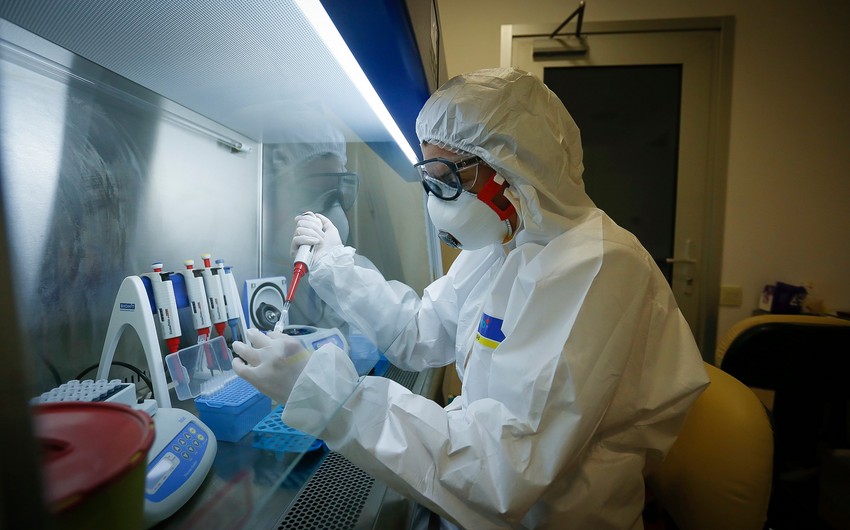According to French molecular biologists, South African strains of the novel coronavirus resist antibodies much better than the British ones, informs with reference to bioRxiv.
"Our experiments have shown that antibodies from people who have undergone COVID-19 neutralized the UK strain of coronavirus as well as its classic variant D614G. The South African version of the virus turned out to be more problematic - a significant part of the plasma samples from those who had recovered had little or no effect," the researchers said.
The emergence of a more contagious British version of the novel coronavirus was reported in mid-December. According to scientists, the progenitor of such strains appeared in Wales in September 2020.
In late November 2020, the virus acquired about 17 more mutations and, after that, began to spread rapidly throughout the UK. It is now the dominant strain of coronavirus in the country.
Observations show that the British strain is spreading about 1.7-2 times faster than other SARS-CoV-2 varieties. It managed to penetrate into some countries of Europe and Asia. Scientists have found strains with a similar set of mutations in Brazil and South Africa.
In a new study of similar coronavirus varieties, scientists led by Olivier Schwartz from the Pasteur Institute (France) found that antibodies act differently on the British and South African strains of SARS-CoV-2. During their work, they experimented with the blood plasma of 83 Orleans residents who had been ill with COVID-19.
Scientists collected blood samples from them and tracked how the antibodies would interact with viral particles and cells infected with British and South African strains of the coronavirus.
It turned out that the antibodies could bind to all varieties of SARS-CoV-2. However, the effectiveness varied considerably. It was especially evident at low concentrations of neutralizing molecules. In particular, the antibodies neutralized the British strain of the coronavirus and the classic strain D614G: they suppressed the infection in 79 of 83 cases. However, the antibodies coped with the South African variety only in 40% of cases.
A similar situation was observed with blood samples from two dozen French people who received the Pfizer vaccine. Antibodies that appeared after vaccination suppressed the British strain and its usual varieties, but they did not always protect against the virus's South African strains.
Also, the vaccine did not prevent both strains from penetrating into the mucous membrane of the person's nose and multiplying in his cells.
Schwartz and his colleagues hope that further research will help to understand whether this is the case with other vaccines and assess the consequences of such penetration of the virus into the body.


 https://static.report.az/photo/ff0a934a-a22f-3531-94e9-5cb96f5bd5cc.jpg
https://static.report.az/photo/ff0a934a-a22f-3531-94e9-5cb96f5bd5cc.jpg

